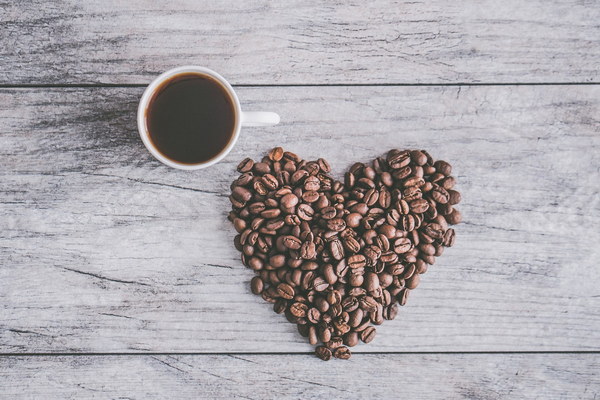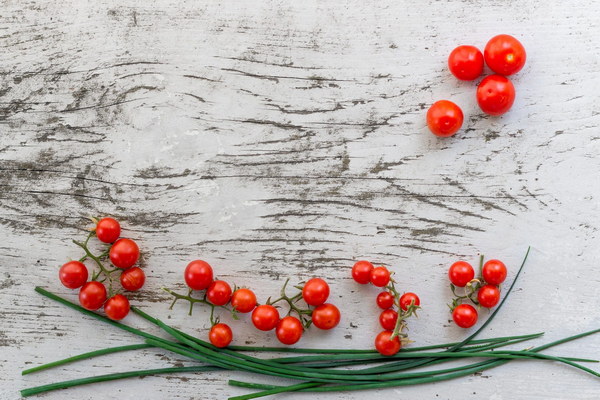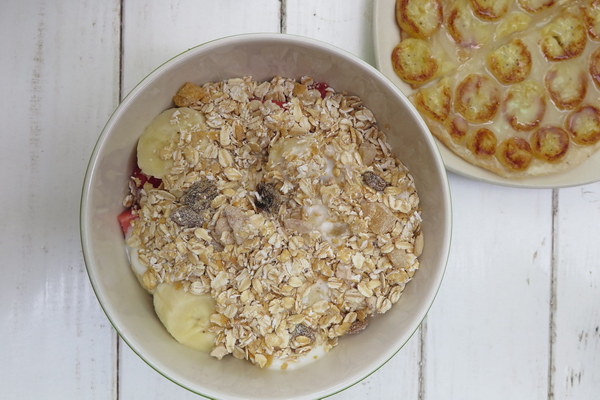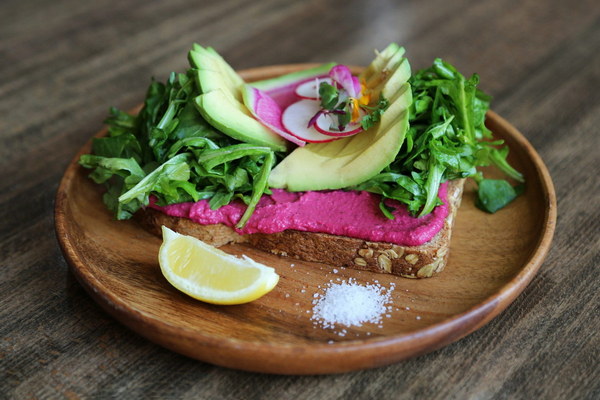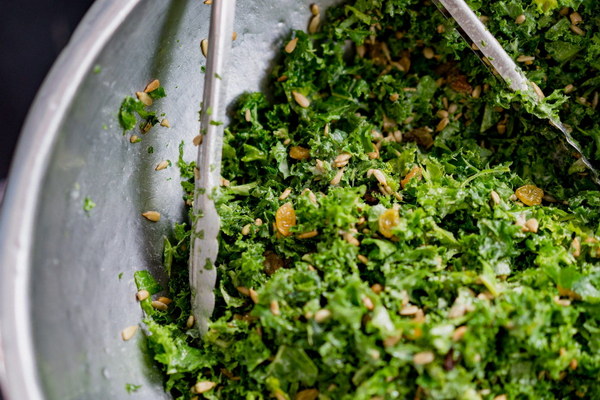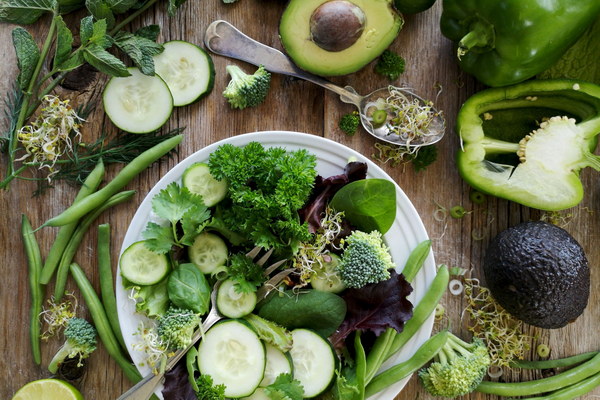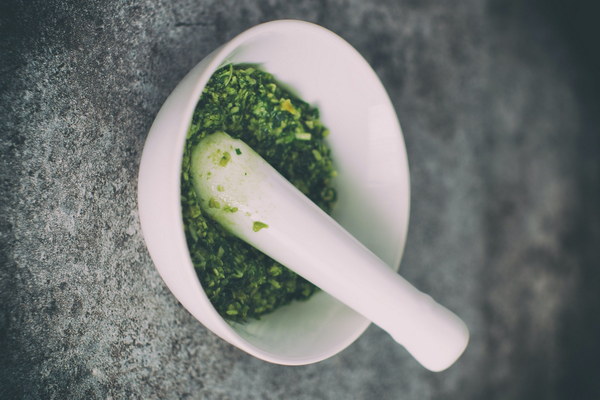Unlocking Health The Art of Moisture Removal in Traditional Chinese Medicine
In the realm of traditional Chinese medicine (TCM), the concept of dampness or phlegm plays a pivotal role in understanding and treating a wide array of health conditions. Dampness is believed to be a type of internal imbalance that can manifest in various ways, such as fatigue, weight gain, and digestive issues. This article delves into the fascinating world of moisture removal in TCM, exploring its principles, benefits, and practical applications.
Understanding Dampness
In TCM, dampness is considered an accumulation of excess fluid in the body, which can lead to a host of health problems. According to TCM philosophy, dampness can arise from external factors, such as exposure to damp weather, or from internal factors, such as poor diet or lack of exercise. When dampness accumulates in the body, it can impede the flow of Qi (vital energy) and obstruct the normal functioning of organs, leading to symptoms like:
- Fatigue and lack of energy
- Weight gain, especially around the abdomen
- Digestive problems, such as bloating, constipation, and diarrhea
- Joint pain and muscle aches
- Mental fog and difficulty concentrating
- Excessive sweating or dampness on the skin
The Importance of Moisture Removal
In TCM, the primary goal of treatment is to remove dampness and restore the balance of Qi in the body. This can be achieved through various methods, including herbal medicine, acupuncture, diet, and lifestyle changes.
Herbal Medicine
Herbal medicine is a cornerstone of TCM, and there are many herbs that are known to help remove dampness. Some of the most commonly used herbs include:
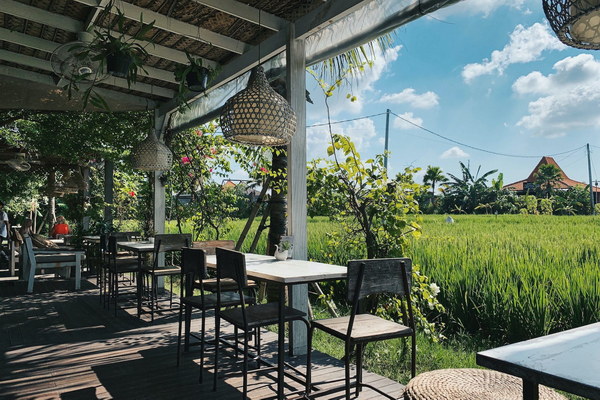
- Astragalus (huang qi): Known for its immune-boosting properties, astragalus helps to strengthen the body and support the removal of dampness.
- Poria (fu ling): Poria is a mushroom-like herb that is excellent for draining dampness and improving fluid metabolism.
- Cinnamon (rou gui): Cinnamon has warming properties that help to dispel cold and dampness from the body.
Acupuncture
Acupuncture, another key component of TCM, can be used to stimulate specific points on the body that are associated with dampness. By inserting fine needles into these points, practitioners can help to unblock Qi and restore the body's balance.
Diet and Lifestyle
Diet and lifestyle also play a significant role in managing dampness. Some dietary recommendations include:
- Avoiding foods that are known to increase dampness, such as dairy, sugar, and refined carbohydrates.
- Incorporating foods that help to drain dampness, such as ginger, turmeric, and green tea.
- Engaging in regular exercise to promote the flow of Qi and improve circulation.
- Ensuring adequate sleep and stress management to support the body's natural healing processes.
Case Study: Treating Damp-Induced Fatigue
Consider the case of a 35-year-old woman who experiences chronic fatigue, weight gain, and digestive issues. After a thorough evaluation, her TCM practitioner diagnoses her with dampness. The practitioner recommends a combination of herbal medicine, acupuncture, and lifestyle changes to address the underlying dampness.
After several weeks of treatment, the patient begins to notice improvements in her energy levels, digestion, and overall well-being. The herbal medicine helps to remove dampness and improve fluid metabolism, while the acupuncture treatments stimulate the body's natural healing processes. The patient also incorporates a healthier diet and exercise routine, further supporting her recovery.
Conclusion
The concept of dampness in TCM provides a unique framework for understanding and treating a wide range of health conditions. By focusing on moisture removal, TCM practitioners can help patients achieve a state of balance and well-being. While modern medicine may not fully embrace this ancient philosophy, the principles of dampness removal offer valuable insights into the complexities of human health and offer a complementary approach to conventional treatments.

